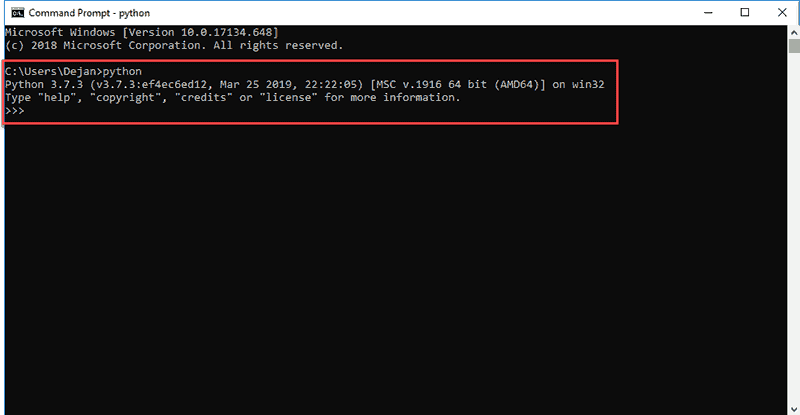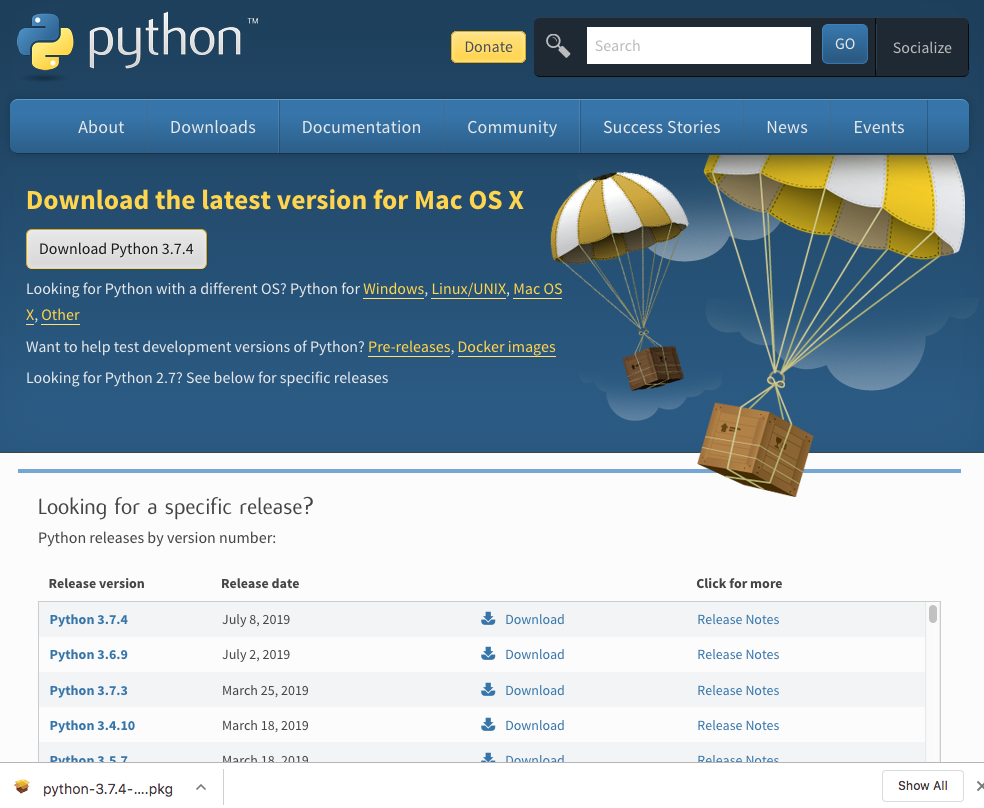

Run the installer script (installs pyenv and some very useful pyenv plugins by the original author see here for more) curl -L | bashĪdd init lines to your ~/.profile or ~/.bashrc (it mentions it at the end of the install script): export PATH="$HOME/.pyenv/bin:$PATH" Sudo apt-get install -y libpng-dev libfreetype6-dev # optional scientific package headers (for Numpy, Matplotlib, SciPy, etc.) Sudo apt-get install -y build-essential libbz2-dev libssl-dev libreadline-dev \ the master branch of CPython fresh off GitHub: sudo apt-get install -y git Git is used by pyenv, plus it also enables builds/installs of source branches, so you could install whatever 3.8 is right now, i.e. Install tools and headers needed to build CPythons (exotic Pythons like PyPy or Jython may have other dependencies). See all the versions you can install with pyenv install -list Install pyenv It will generally work same day of a release because you don't need to wait for someone else to package it for Ubuntu. Plus, the answer to the follow-up question "How do I install Python 3.7 using apt-get?" has the same answer: pyenv update pyenv install 3.7.0. Everything runs as your user, so you don't have to worry about messing up the Python used by Ubuntu itself. You can build and install a new (or old) version of Python by simply saying pyenv install 3.6.0. It doesn't use Aptitude, and does involve "building it yourself", but it's fully automated. Upon completion, virtualnv is installed on your system.I would recommend pyenv to solve your woes. Type the following pip command in the console: C:\Users\Username> pip install virtualenv You would want to avoid this, and having separate virtual environments for each project is the easiest solution.Ģ.

Consequently, whenever a single project-specific package is changed, it changes for all your Python projects. Python software packages are installed system-wide by default.

Virtualnv enables you to create isolated local virtual environments for your Python projects. Now, you need one last software package - virtualnv. You have Python, and you have Pip to manage packages. Instead of this: C:/Python34/Python script.pyĪs you can see, it is cleaner and more manageable. By setting this up, you can execute Python scripts like this: Python script.py


 0 kommentar(er)
0 kommentar(er)
